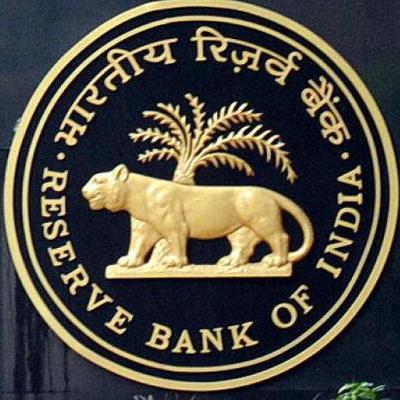RBI’s move of increasing the repo rates is seen by experts as a move that is the beginning of the end of low interest home loans.
By Varun Singh
The RBI has increased the repo rates by 40 bps, making 4.40%.
Experts say this was expected amidst the international scenario. However, for home buyers here’s some bad news.
This may very well mean the beginning of the end of low interest home loans.
Here’s what expert say.
Dr. Niranjan Hiranandani, Vice Chairperson NAREDCO and MD Hiranandani Group
Terming the hike in the repo rate by 40 bps to 4.40 per cent with immediate effect as ‘the obvious fallout of the impact which the Ukraine conflict has had on global inflation’; which in turn, has also impacted the Indian economy, Dr Niranjan Hiranandani described the move as a short-term reaction to crude prices and impact of inflation on commodities. In some places, this will be seen as a pro-active step, in expectation of the US Fed’s expected move tomorrow. From a real estate perspective, he said he hoped the hike in repo rates will not impact home loan interest rates; and that the regulator will ensure that inflationary pressure on the individual does not get exacerbated by hiked rates of home loans. The RBI move comes with the backdrop of India’s inflation rates soaring to a high, with retail inflation in March being at a 17-month high. “Inflation rates in India have been beyond the RBI’s upper band of tolerance, which is 6 per cent, and the rationale of the move makes sense – the hope being that home loans would not get impacted.
Anuj Puri, Chairman – ANAROCK Group:
With inflation edging higher in the aftermath of the Russia-Ukraine war and the surging oil prices, the RBI took a tough unscheduled decision – to increase the repo rates by 40 bps, bringing them to 4.40%. This was expected, as inflation has definitely moved into the threatening zone.
Unfortunately, for home buyers, this hike signals an imminent end to the all-time low interest regime, which has been one of the major drivers behind home sales across the country since the pandemic began. Moreover, rising interest rates and inflationary trends in basic raw materials in construction including cement, steel, labour cost etc. will add to the burden of the residential sector, which did significantly well in the previous quarter – Q1 2022. This rise in interest rates will ultimately impact overall acquisition cost for homebuyers – and may dampen residential sales to some extent. The possibility of overall price hike was also highlighted in ANAROCK’s recent consumer survey wherein at least 56% of the respondents felt that property prices will increase in 2022. A deep dive revealed that a price rise of >10% will have a ‘high impact’ on residential sales and <10% rise will have a ‘moderate-to-low impact’ on sales. The current sales velocity will thus be impacted by rise of >10% in overall acquisition costs.
Dr. Samantak Das, Chief Economist, and Head Research and REIS, India, JLL.
The Central Bank, in response to elevated inflation levels due to geopolitical tensions and its impact on the Indian economy, has decided to raise the repo rate by 40 bps and this has been announced before the scheduled MPC meeting. This dynamic response has been to ensure that inflation is brought under control and does not impact the broad-based recovery of the Indian economy that has been witnessed recently. This step has also come in response to the near likely significant hike in Fed rates as inflation has been affecting the US economy. From a real estate point of view, this hike in policy rate is not welcome and will have a negative impact as home loan rates will increase immediately. After a hiatus of five years, we have observed a robust comeback in residential sales and launches in the last couple of quarters due to ‘affordability synergy’. However, this repo rate hike coupled with cost-push inflation in construction is likely to slow down the growth trajectory of the residential sector, which does not augur well for the Indian real estate sector.
Kenish Shah, Co-Founder, PropReturns
As a result of the 40bps increase in Repo Rate announced by the RBI today, high-interest rates will once again prevail. With high-interest rates, cap rates and rental yields on commercial properties will increase, making now a good time to invest in income-generating properties. For real estate developers, expensive financing will increase the input costs of construction, thereby increasing the value of the property.









